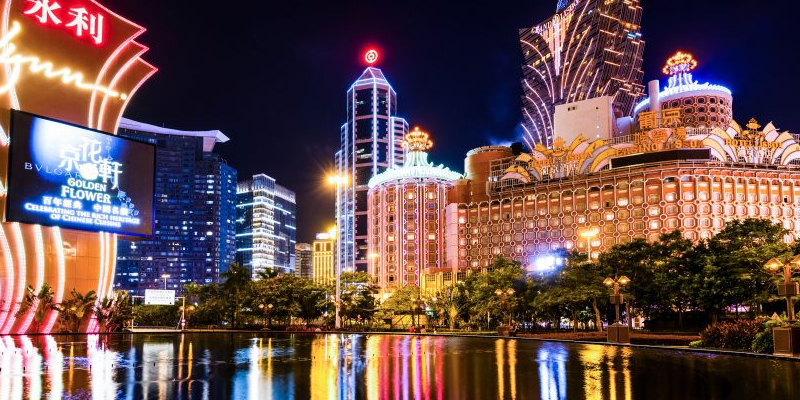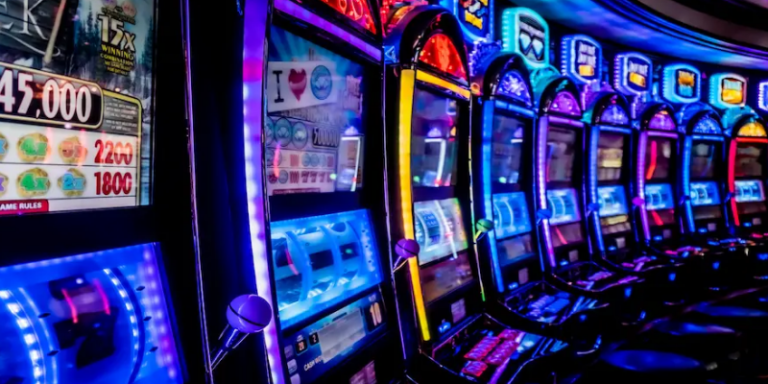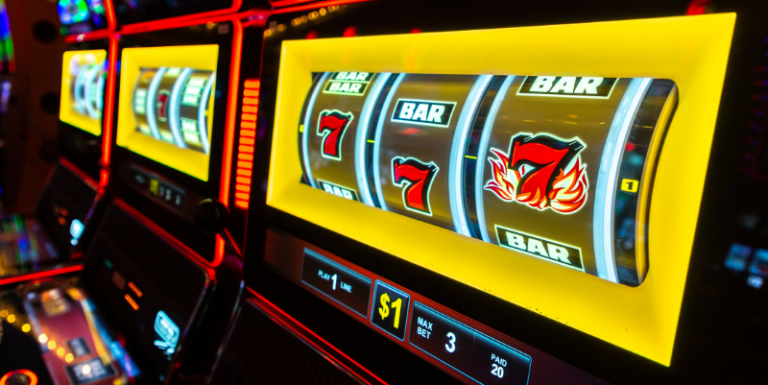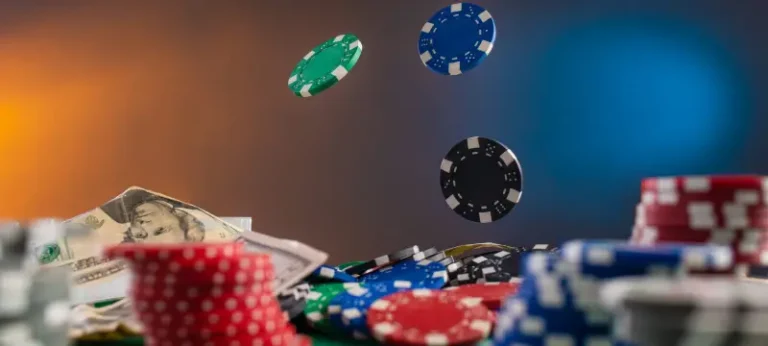For over ten years, industry insiders have speculated about Macau’s vulnerability as new gaming hubs emerge across Asia. Singapore and Manila once challenged its dominance, and now Japan, Thailand, and the UAE are drawing attention as potential competitors. Nevertheless, experts maintain that Macau’s status as the region’s premier gaming center remains solid.
Mary Mendoza, an integrated resort strategy expert at The Platinum Ltd, told Macau Business that while other markets are gaining traction, they lack the fundamental strengths that have long supported Macau’s lead. “These new destinations will bring some competition, but Macau’s unique position as the top regional gaming hub is clear,” she said.
A key reason for Macau’s continued dominance is its visitor base. Over 80% of Macau’s gaming revenue comes from players in Southern China, with additional significant contributions from Shanghai and Northern China. Mendoza noted this group’s high volume and betting intensity as critical advantages.
In contrast, places like South Korea’s Jeju Island and Incheon primarily attract Northern Chinese visitors, differing from Macau’s core clientele. Manila’s steady growth mainly stems from domestic demand and niche groups, including South Korean business tourists and golf enthusiasts.

Thailand and Japan’s Growing Presence
Thailand and Japan are gaining attention with their planned integrated resorts (IRs). Mendoza highlighted their potential to attract mass and premium mass segments by tapping into neighboring markets. However, breaking into Macau’s lucrative VIP segment remains a significant challenge.
“Their success in the VIP market will depend heavily on the capabilities and strategies of their international marketing and player development teams,” she said, emphasizing the need for sophisticated execution to gain a foothold.
Thailand’s momentum is strong. Deputy Finance Minister Julapun Amornvivat recently revealed that investment per resort could reach THB300 billion (about $9.2 billion), nearly triple earlier estimates. The government plans to approve between three and seven entertainment complexes nationwide, with Bangkok as a prime candidate. Major operators like Wynn Resorts and MGM Resorts are actively seeking entry.
Julapun underscored Thailand’s appeal, citing robust infrastructure, efficient transport, and a tourism industry attracting 40 million international visitors annually. Besides gaming, Thailand aims to incorporate partnerships with theme parks, entertainment providers, and virtual reality firms. He stressed that only serious investors should participate, noting strict regulations and mandatory visitor registration to prevent addiction and illegal activities.
Macau’s Growth Focuses on Strategy, Not Scale
Despite rising competition, Macau continues refining its strengths. Mendoza explained that Macau’s future success depends on deepening ties with mainland China while expanding its reach to neighboring countries. Leveraging its long experience in integrated resorts, Macau balances stability with innovation.
This strategy has benefited operators like MGM China, which increased its Macau market share from 9.8% in 2019 to 15.9% in 2024. Once sixth in the rankings, MGM is now third, boosted by 198 new gaming tables and early adoption of smart gaming technologies.
MGM’s Acting CFO Vivian Chan noted that competition will intensify this year. “With more new products entering the market, we will have our own ‘secret weapons’ to stay competitive,” she said, referring to expanded use of RFID tables.

Consumer Confidence Will Shape the Future
Looking ahead, analysts say Macau’s growth hinges on consumer confidence in China. CLSA’s Jeffrey Kiang pointed out that while Thailand is evolving, it targets a different traveler demographic. “Thailand’s gaming market differs from Macau’s, especially in visitor mix and length of stay — over a week in Thailand compared to less than two nights in Macau,” he explained.
Kiang sees Chinese discretionary spending as critical to Macau’s recovery. He tracks the Hang Seng Index, which historically correlates with Macau’s gaming revenues. If China’s markets stabilize and property sales improve by late 2025, Macau could see a rebound in 2026.
Although Macau’s gross gaming revenue (GGR) rose a modest 0.6% year-on-year in Q1 2025, daily averages remained strong at MOP624 million ($77.5 million). Kiang cautioned that consumer confidence is still low, affecting budget travelers more than high-end customers.
Non-gaming activities now contribute 15% of sector EBITDA, with operators using them to attract and retain guests. However, hotel capacity is nearly full, with occupancy close to 90% across 47,000 rooms, limiting Macau’s ability to accommodate more overnight visitors.
Long term, Macau’s ability to diversify offerings — including wellness tourism and IP-branded experiences aimed at younger audiences — may be key to maintaining its leadership in the region.










